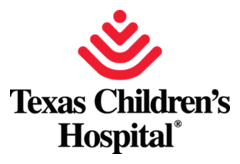Skills Training and Development
The Texas Care Life Skills Development Program
- Develops individual plans with the member and/or guardians
- Assists with reduction/prevention of psychiatric hospitalization, homelessness, residential treatment, or criminal justice involvement
- Develops client centered goals around Activities of Daily Living (i.e. community integration, coping strategies, money management, safety, medication regimens, and psychiatric/medical appointment)
The Skills Development program
- In addition to the above, offers enhanced access to community resources to promote independent living (i.e. employment support, educational advancement, and socialization)
Both programs use individualized treatment planning process to identify the goal areas the client and field staff will focus on to build independence. Staff is carefully matched to the client by the supervisor. The treatment plan is reviewed and revised quarterly to ensure progress is being made.
Supervisors and field staff are trained in crisis intervention and CPR/First Aid. In addition to these training’s, case managers are provided with quality clinical supervision and training opportunities intended to build their knowledge of the latest practices in working with adults who have mental health challenges.
Eligibility Criteria
- Active Texas Medicaid insurance coverage
- Private pay
- Age 18 or emancipated
- Documentation of a qualifying mental health diagnosis that is under one year old and is considered eligible under the most recent edition of the Diagnostic and Statistical Manual of Mental Disorders
- A clinical letter attesting to the need for case management due to the following at risk criteria:
- Homelessness
- Psychiatric hospitalization
- Criminal justice involvement
- Residential mental healthcare placement
For more information on Skills and Development Resources or other Texas Care services, feel free to call 888-98TODAY and an Intake Coordinator will be happy to take your call and direct you to the appropriate department. Visit our FAQ page for more information on how Telehealth, Telemedicine, and TeleBehavioral Health can work for you.





